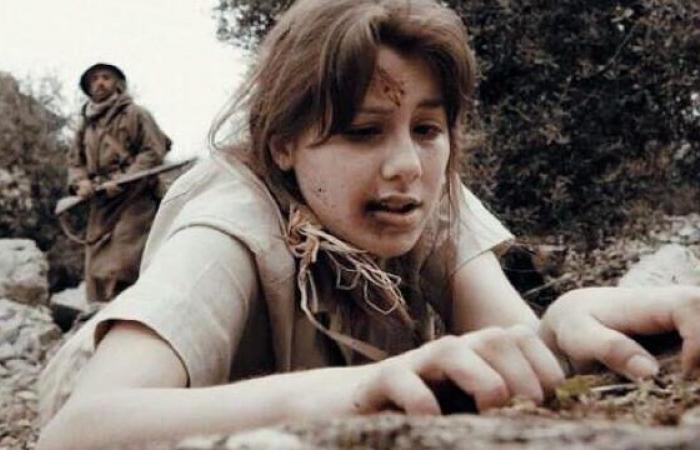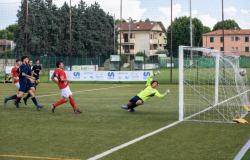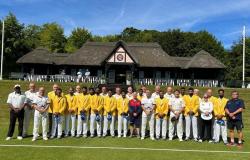by Michele Santulli
Soon you will have the opportunity to see it again on television The Ciociara, presented as we know by three giants of art and culture: Alberto Moravia, Vittorio de Sica and Sofia Loren. A page of history, of common history unfortunately, lived and relived many times in human affairs: the violence of man on man, in this case the even more nefarious and unforgivable violence of the furious man on the defenseless woman, one of the worst crimes , never punished enough, not even today: only in the Bible, therefore already thousands of years ago, stoning, without mercy, was normal for sexual violence. What was the famous Rape of the Sabine Women of ancient Roman history if not an episode of gang rape, even if a hypocritical and false historiography has dressed it in an almost romantic and sentimental cloak? Taken from the novel The Ciociara by Alberto Moravia, the film version produced by Vittorio De Sica illustrates and documents an episode of violence that occurred after the destruction and capture of Cassino, almost simultaneously with the Normandy landings, that is, around May 1944, after the defeat of Nazism: the rape which the film recalls is perpetrated in the mountains around Fondi in Ciociaria: the Nobel Prize-winning performance of Sofia Loren is incomparable, almost miraculous, as she witnesses the martyrdom of her daughter Cesira, with her primitive shoes on her feet! It is a joke of history that these same mountains had witnessed, a century earlier, for years and years, the exploits of the infamous brigands of Sonnino, Itri, Monte S. Biagio, Lenola, etc. for whom even violence against women was an almost normal ingredient of their businesses! Alberto Moravia shows before our eyes an episode of the Second World War of which the actors and protagonists are the North Africans of the Maghreb, mostly Moroccan tribes, used for front line assaults or particular actions of the French army: today of thousands of soldiers on the terrible front of Cassino there remain the crosses with the names in the cemeteries in the area: those of the Germans, the English, the French, the Poles, the Italians…And if you travel along the state road between Venafro and Isernia in Molise at a certain point you come across a French cemetery, very well kept, facing Mecca: here, in fact, North Africans of various ethnic groups are buried, six to seven thousand in number, the final fate of this tragic humanity spoken of in the film and the book. The now sad Morocchinate still today are an unforgettable life story in certain localities of the Lower Cassinate and beyond. Alberto Moravia’s book also has a very significant geographical implication and that is the first time that the term ‘ciociaro’, although known and tested in the history of art for years, now thanks to Moravia bursts into the public with almost revolutionary results: in fact it is the first time, thanks also to the resounding and global success of the cinematographic film, that the term takes on an identifying and almost axiomatic connotation, it is the first time that those areas are recognised, or rather re-appropriated, in a way that is now indisputable as ‘Ciociaria’. In reality, certain political contingencies of history, we are alluding to the Mussolini era, have in some way distorted and almost caused the common roots and traditions and centuries-old history of these places to fall into oblivion: even notable figures have given their cultural contribution to the ciociarity of these places, as the director Joseph DeSantis of Fondi with his unforgettable films – Bitter Rice and No Peace Among the Olive Trees – and Free of Free also from Fondi, writer and poet, with his writings and poems and last but not least the painter also from Fondi Dominic Purified.






